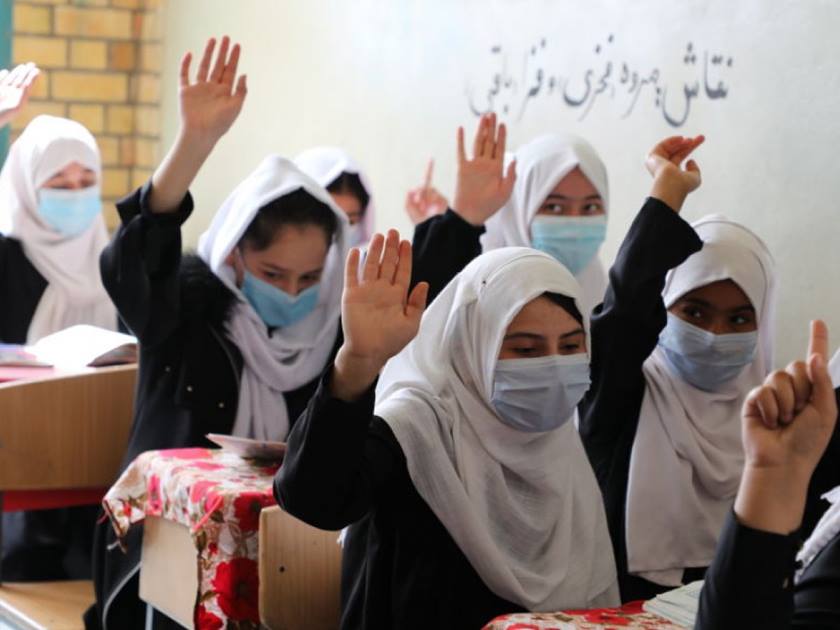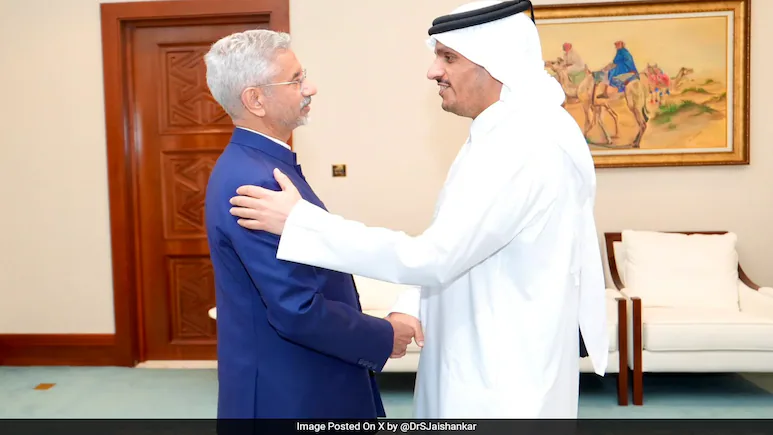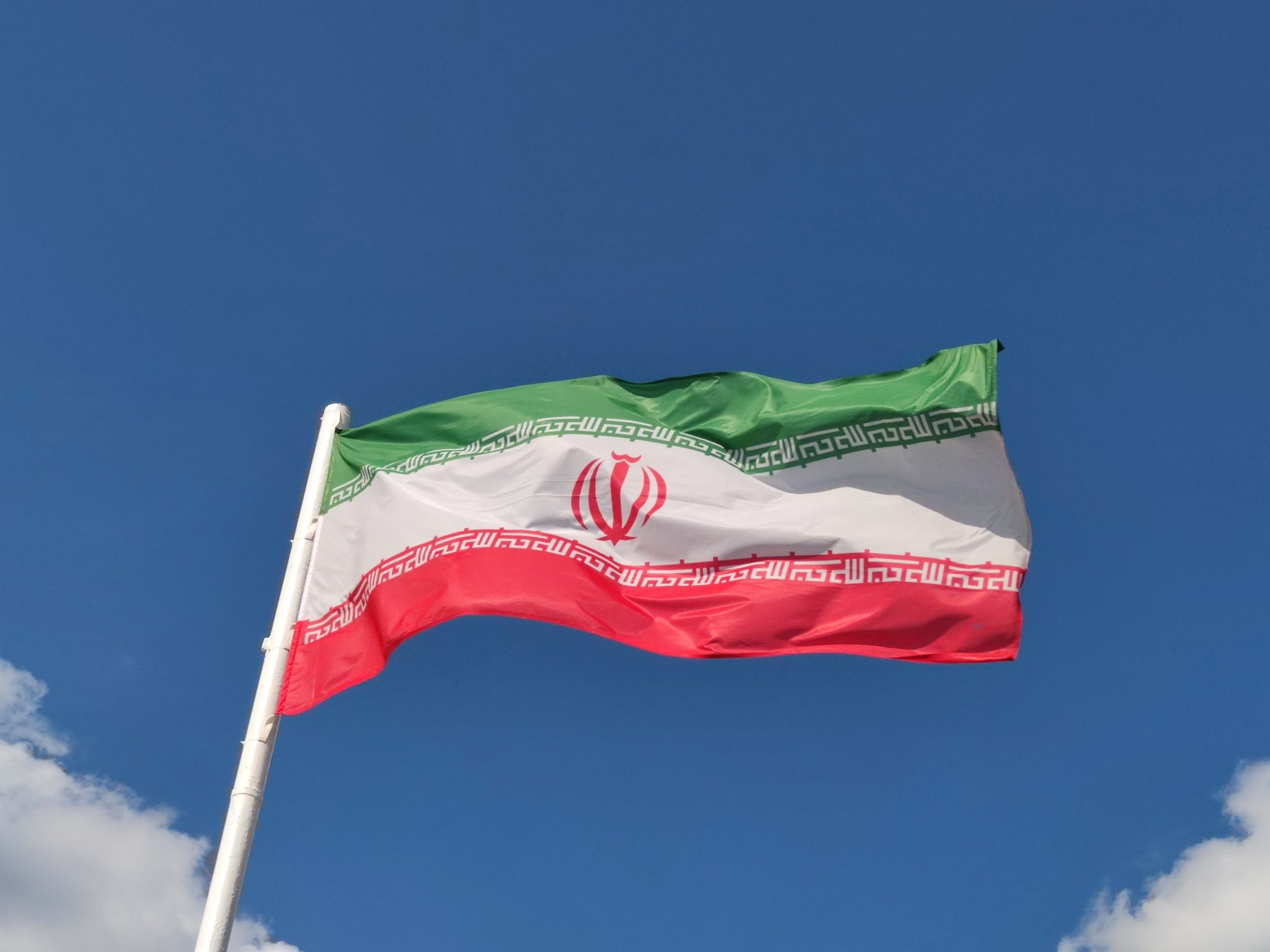Qatar has repeatedly called on the Taliban to grant all Afghan females their basic rights.
Qatar is increasing its efforts in ensuring access to education among Afghan evacuees through the Qatar Afghan Scholarship Project (QASP), launched on Wednesday.
The initiative was announced by Education Above All (EAA) and the Qatar Fund For Development (QFFD).
The QASP is also a collaboration with the Afghan Future Fund (AFF), Schmidt Futures, the Yalda Hakim Foundation, Rockefeller Philanthropy Advisors and the Institute of International Education (IIE).
The launch marked the start of the 2022-2023 academic year, welcoming 250 Afghan students to more than 40 US colleges and universities on full scholarships in at least 17 states. Some of the educational institutions include Rutgers University, Bard College and the University of Texas.
“An educated society is key to the successful future of any country, it underpins all other areas of development. This project will support Afghan students now and build a foundation for greater prosperity of the country in the years to come,” said Khalifa Al Kuwari, QFFD’s Director General.
Afghan students benefiting from the scholarships are located in different countries where they sought shelter following the Taliban’s takeover of Kabul last year, including northern Iraq, Kyrgyzstan and Albania.
Split equally between male and female students, QASP covers a wide range of programmes in different fields, including arts, business, sciences, humanities, and social sciences.
“Ensuring that young people, including the youth of Afghanistan, are able to continue their education despite all challenges is a top priority for us at EAA, because education is the key to ensuring a stable and thriving future,” said Fahad Al Sulaiti , EAA’s CEO.
QASP further expands Qatar’s efforts in supporting Afghans after facilitating a safe exit for tens of thousands the Taliban seized power. At the time, Qatar carried out history’s largest airlift of people, evacuating at least 80,000 Afghans and foreigners.
According to the United Nations High Commissioner on Refugees, 5% of refugees have access to higher education. The figure is below the global average of at least 40%.
The initiative also comes as girls continue to be banned from accessing education by the Taliban-led acting government.
When young girls attempted to return to school in March, they were sent home. In comparison, education for boys resumed almost immediately. The move was condemned by Qatar and the international community.
The decision came despite the Taliban’s promises of preserving the rights of women and girls.
Qatar has repeatedly called on the Taliban to grant all Afghan females their basic rights, urging them to follow the examples of Muslim countries worldwide.







